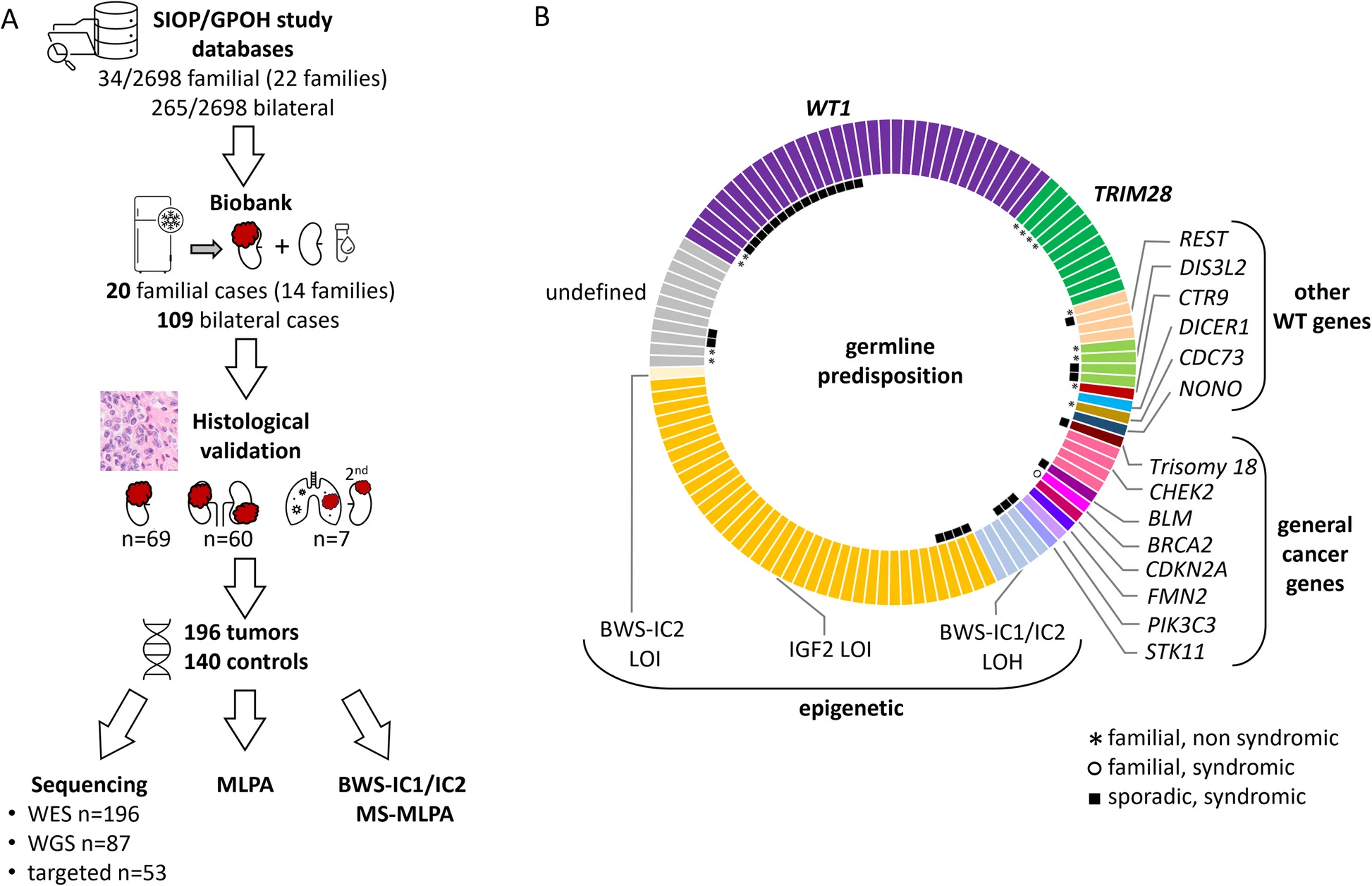German researchers have resolved a long-standing puzzle in childhood cancer care. After analysing samples from 1,800 children with Wilms’ tumours over three decades, they have identified genetic causes in over 90% of familial cases. This discovery fundamentally alters how healthcare systems approach childhood cancer prevention.
The clinical impact is immediate. Hospitals can now implement targeted genetic screening, enabling early identification of high-risk children while reassuring families where no genetic risk exists. One-third of cases involve non-hereditary disruptions, meaning siblings face no increased risk, alleviating years of anxiety and unnecessary surveillance.

Furthermore, healthcare economics benefits significantly. Targeted screening replaces expensive blanket monitoring, improving outcomes while reducing costs. Early detection of secondary tumours becomes feasible, potentially saving lives and lowering treatment costs. This research demonstrates how sustained biobanking investments yield transformative results, encouraging similar initiatives across other childhood diseases and reshaping family planning decisions nationwide.
Read full article: Distinct pathways for genetic and epigenetic predisposition in familial and bilateral Wilms tumor
Lambda Biologics’ Oncology Solutions: Patient-derived cancer organoid-based drug evaluation service
Gastric Cancer Organoid | Breast Cancer Organoid | Hepatocarcinoma Cancer Organoid | Pancreatic Cancer Organoid



